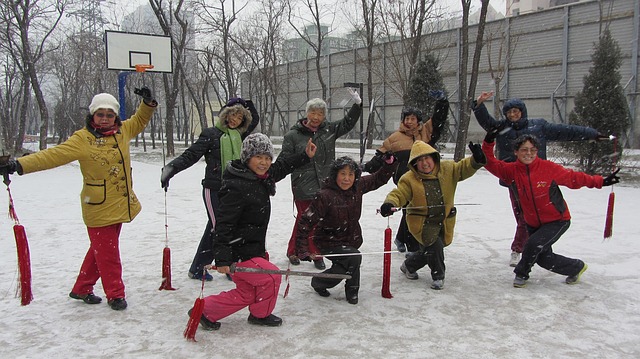A study has found why there is a natural loss of muscle in people’s legs as they age – it has to do with a loss of nerves.
Researchers at the Manchester Metropolitan University, the University of Waterloo, Ontario, and the University of Manchester tested 168 men, and found that the nerves controlling their legs dropped by around 30% by the time the participants reached the age of 50, the BBC reports. This nerve decrease made muscles waste away. However, in older, fitter athletes, the condition had a better chance of getting “rescued” by the nerves re-connecting.
As people age, leg muscles become smaller and weaker, leading to difficulties in everyday activities like walking up and down stairs, or getting out of chairs. It happens to everyone eventually, but there has been no sufficient explanation as to why.
Jamie McPhee, from Manchester Metropolitan University, said that young adults generally have 60-70,000 nerves from the lumbar spine, controlling leg movements. This changed greatly in old age. McPhee said,
There was a dramatic loss of nerves controlling the muscles – a 30-60% loss – which means they waste away.
He added, “The muscles need to receive a proper signal from the nervous system to tell them to contract, so we can move around.”
The researchers examined muscle tissue in detail with magnetic resonance imaging (MRI) and recorded the electrical activity that passed through the participants’ muscles, to estimate the numbers and sizes of their nerves.
On the upside, it appears that healthy muscles are able to protect themselves by sending out new nerve branches to rescue the declining muscles, stopping them from wasting away. This was more likely to happen to seniors with large, healthy muscles, McPhee said.
While there is still much to be learned regarding muscle connections and nerve breakdown, this is a start to finding out more about muscle loss, in order for scientists to come up with a possible solution in the future.
The study was published in the Journal of Physiology.
























